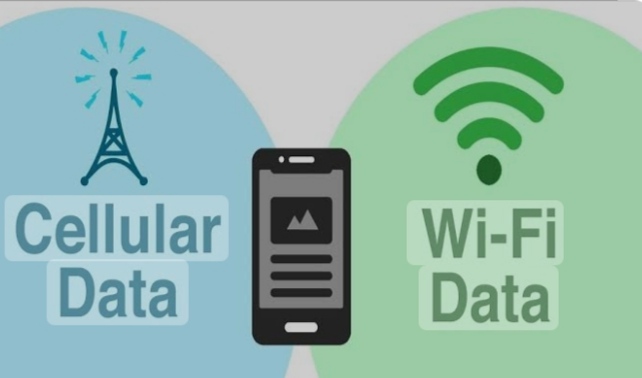For many individuals, turning off information is the best choice to make sure it lasts longer. However this notion has been a prevailing false impression amongst many others. By private expertise and in depth analysis, I, too, as soon as subscribed to this concept till I unraveled the reality that toggling information off doesn’t inherently preserve it. Let’s dissect this subject into three distinct classes. Are you prepared?
Firstly, people who energy down their information with the intention of preserving battery life discover benefit of their method. Leaving information on certainly contributes considerably to battery drain, making this a sound and sensible motive for some.
The second group opts to disable information to defend themselves from disturbances and distractions, aligning with their hectic schedules in numerous settings resembling properties, workplaces, farms, or corporations. This pragmatic selection can also be deemed cheap.
The focus of debate lies within the third set of people who genuinely consider that turning off information is a way of information conservation. This false impression stems from a lack of information concerning how information operates. It’s akin to somebody with a single one-thousand-naira notice in comparison with one other with two five-hundred-naira notes; pondering the latter someway preserves worth. In actuality, when information is turned off, incoming messages accumulate till reconnection, consuming the identical quantity of information as if it had been left on.
To liberate oneself from this misunderstanding, one can confidently go away their information on if avoiding disturbances, battery issues, or different reputable causes.
Delving deeper into the intricacies of information administration, it’s essential to acknowledge that the misunderstanding surrounding the conservation of information by turning it off is only one aspect of a broader spectrum. Past the act of toggling information, a number of elements contribute to information depletion, and understanding these nuances turns into paramount in optimizing information utilization.
One notable side is the conduct of functions. Sure functions, when left unchecked, might be voracious information shoppers. Addressing this subject includes navigating by system settings and modifying the preferences of those functions. By doing so, customers can exert management over the information consumption of particular person apps, considerably mitigating the general drain on their information assets.
Moreover, information effectivity extends past the mere toggling of the information change. Customers needs to be cognizant of background processes that proceed to function even when the system just isn’t actively in use. These processes, if left unchecked, can contribute to a gradual siphoning of information. Subsequently, periodic checks on background apps and companies might be instrumental in minimizing pointless information utilization.
Moreover, staying abreast of system updates and optimizing community settings can play a pivotal position in information conservation. Updates typically embrace enhancements that refine the effectivity of information utilization, and configuring community settings primarily based on private preferences can contribute to a extra tailor-made and even handed consumption of information.
In essence, the narrative of information conservation extends past the easy act of turning information on or off. It encompasses a holistic understanding of the assorted components influencing information utilization. Armed with this data, customers can undertake a proactive method in managing their information, guaranteeing its longevity with out resorting to misconceptions concerning the efficacy of intermittently toggling the information change.
